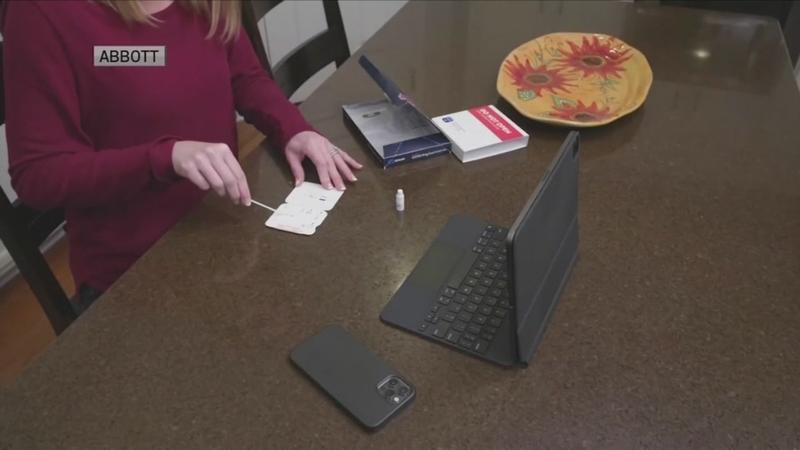Fact Check: Accuracy of rapid antigen tests
[anvplayer video=”5073548″ station=”998131″]
ROCHESTER, N.Y. (WHEC) — A lot of you are getting tested for COVID-19 before you spend time with family and friends this Thanksgiving. It’s been recommended by county leaders, but if you buy an at-home test, can you even trust the results?
Before you go putting that swab up your nose, you need to know the facts.
I went to Dr. Roberto Vargas to get some answers. He’s a clinical pathologist and the Associate System Chair for Labs and Pathology at Rochester Regional Health.
When I googled the accuracy of rapid antigen tests this is what came up: Antigen tests can give false negatives 40% of the time.
I asked Dr. Vargas if that’s true.

[News10NBC]
"That’s true," he replied. "In some cases, it’s as high as 50% false-negative depending on the actual antigen test that you’re using."
So rapid antigen tests can frequently give negative results even if you really have COVID-19.
If you don’t have symptoms Dr. Vargas says there’s a higher probability of a false-negative test result.
"PCR is still the gold standard," Dr. Vargas said. "It’s the most sensitive, and it’s the best way to determine if somebody has the virus or not."
The PCR test is the one that will give you the most accurate results. So if antigen tests get it wrong so often you might be asking, why are we even using them?
"If it was easy to perform PCR on everybody, that’s what we would be doing," Dr. Vargas explained. "But PCR requires special equipment. Given that reality, then antigen testing becomes a less than perfect substitute."
So now that you know the facts, here’s some advice from Dr. Vargas.
"Be aware of the fact there’s a significant rate of false negatives," he said. "Just because you have a negative result doesn’t mean you are safe."
In general, there aren’t many false positives with antigen tests. With the BinaxNOW COVID test I’ve seen in stores, Dr. Vargas says the likelihood of a false positive is very low (about 1%) in symptomatic and asymptomatic individuals when compared to PCR. However, it all depends on the specific test, the current prevalence of COVID and the pre-test probability (exposure history and set of symptoms).
Dr. Vargas says if you’re shedding a lot of the virus an antigen test should detect it.
On a personal note, when I got COVID last month I tested positive with a BinaxNOW antigen test I got from Walmart. I went on to confirm that test result with a PCR test.